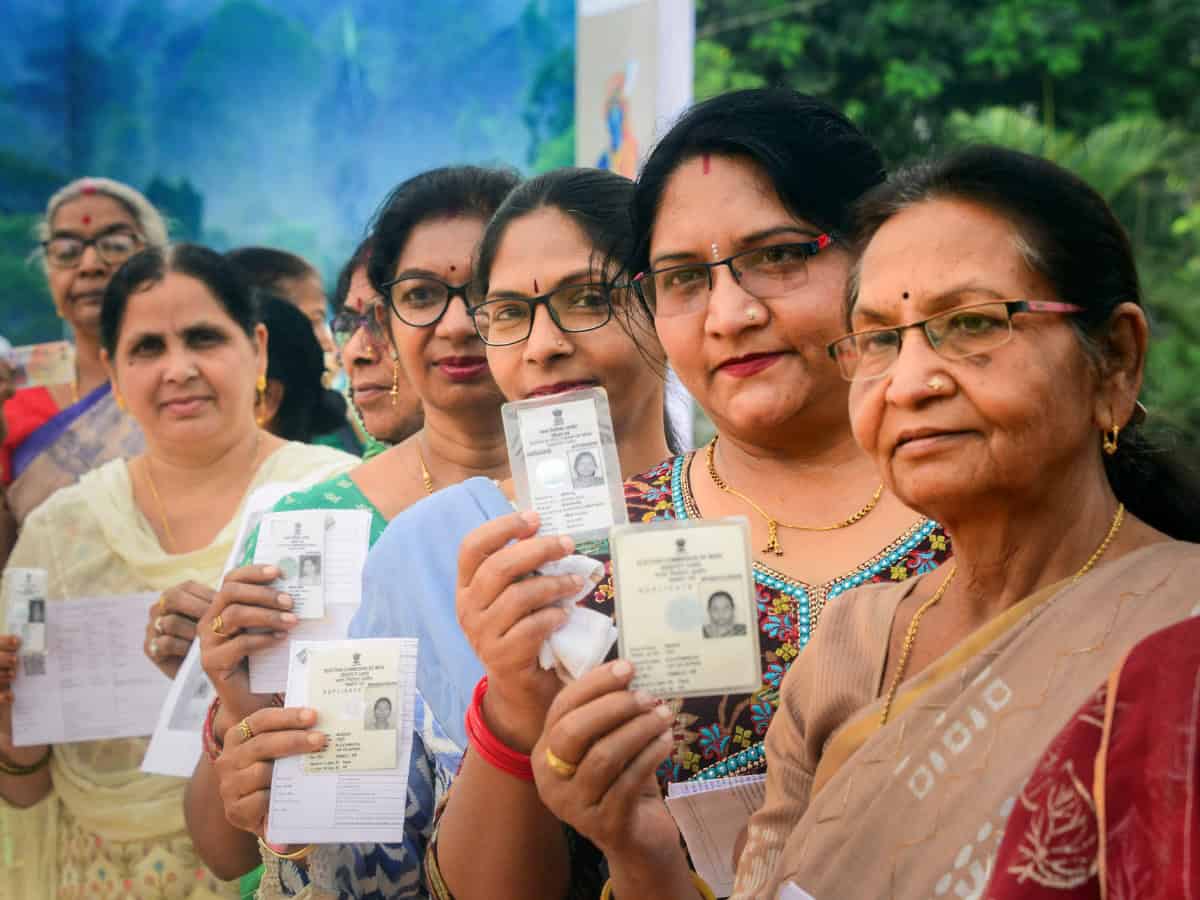
By Prof Afroz Alam
In democratic systems, the principle of fair competition among candidates is essential for ensuring political accountability and the effective representation of diverse viewpoints. Uncontested elections, however, may undermine these aspects of the democratic process. A recent example occurred in Surat, Gujarat, where Mukesh Dalal of the Bharatiya Janata Party (BJP) became the first candidate in 12 years to win unopposed. This event is not isolated; since India’s independence in 1947, at least 34 others have won parliamentary polls without an electoral battle. Historical peaks occurred in 1957, with seven candidates winning uncontested, and five each in the 1951 and 1967 elections. Fewer candidates won uncontested in subsequent years, with three in 1962, two in 1977, and one each in the elections of 1971, 1980, and 1989.
Prominent leaders such as Y B Chavan, Farooq Abdullah, Hare Krishna Mahtab, and Dimple Yadav in 2012 have also entered the Lok Sabha without facing an opponent. This recurring theme in Indian electoral politics, predominantly involving the Congress party, extends beyond national elections to assembly, municipality, and panchayat across Indian states. For example, in March 2024, the BJP won 10 seats uncontested in the 60-member Arunachal Pradesh Assembly, following the Congress party’s record of 11 uncontested wins in 2014.
The primary issue with uncontested elections is the lack of voter choice, effectively disenfranchising voters and reducing their role in governance to mere spectators. Additionally, the absence of competition eliminates the rigorous public and political scrutiny of candidates, which could lead to less qualified leadership. However, it is also arguable that uncontested elections sometimes reflect a positive consensus about a candidate’s performance and capabilities, indicating broad satisfaction with their leadership and resulting in savings on campaign costs and administrative burdens.
Despite potential benefits, the general implications of uncontested elections are predominantly negative, challenging core democratic values such as choice, accountability, and active civic engagement. It is imperative to ensure that elections remain competitive and reflective of the electorate’s diverse needs and perspectives, preserving the integrity and vibrancy of democratic processes.
Afroz Alam is a professor and head of the Political Science Department with Maulana Azad National Urdu University
